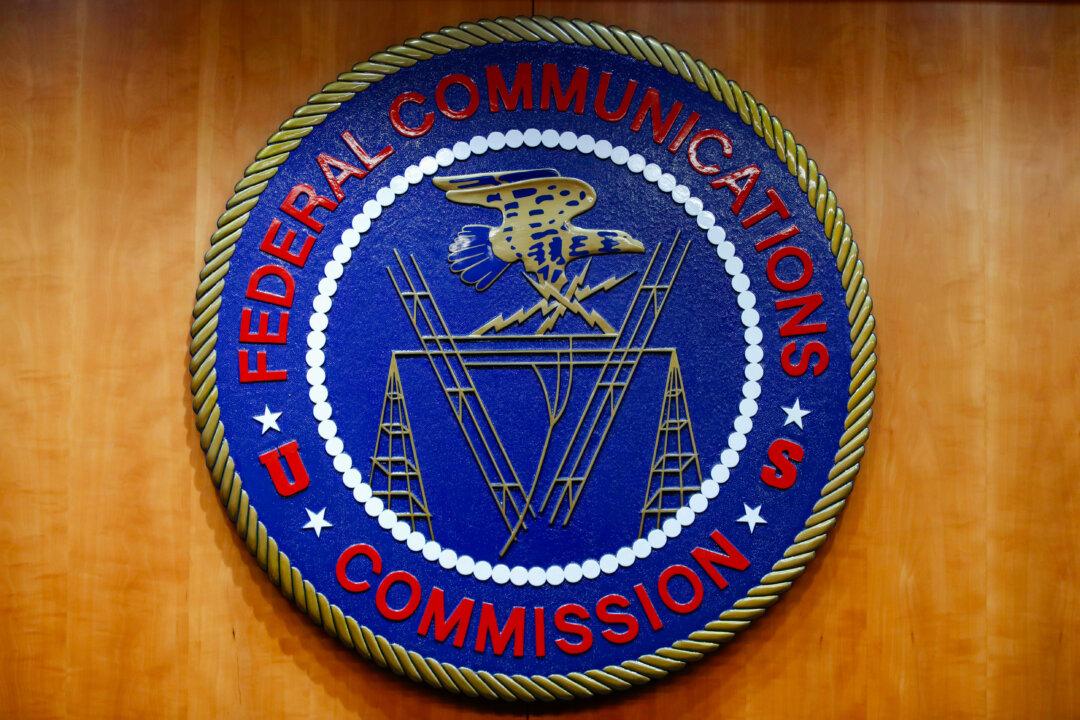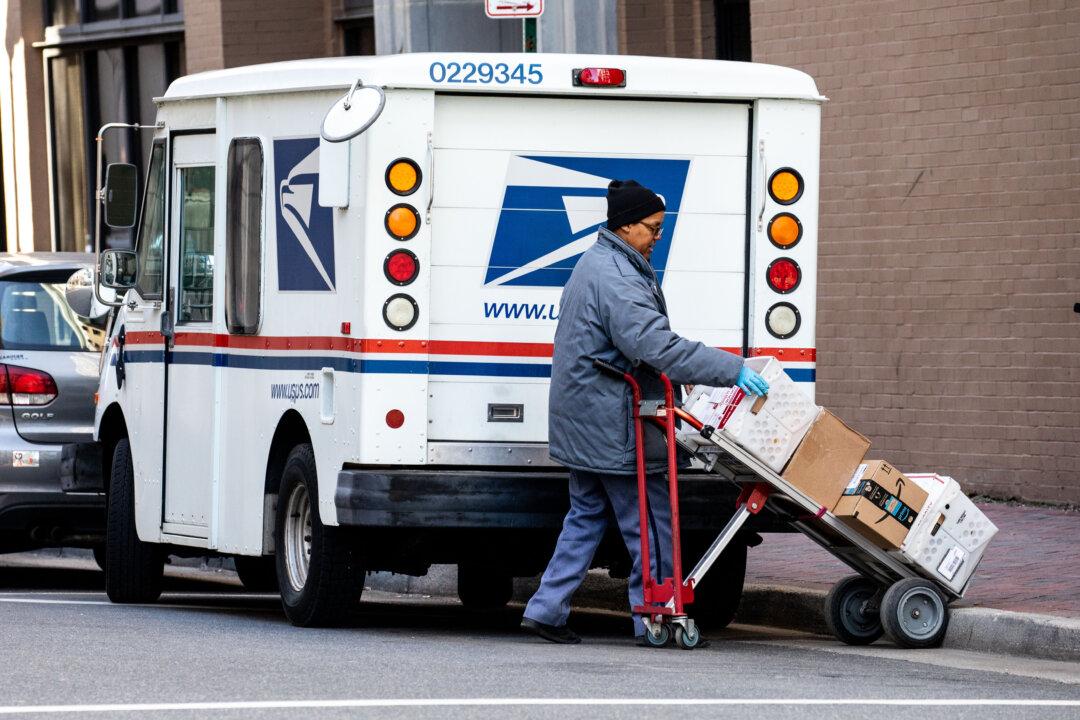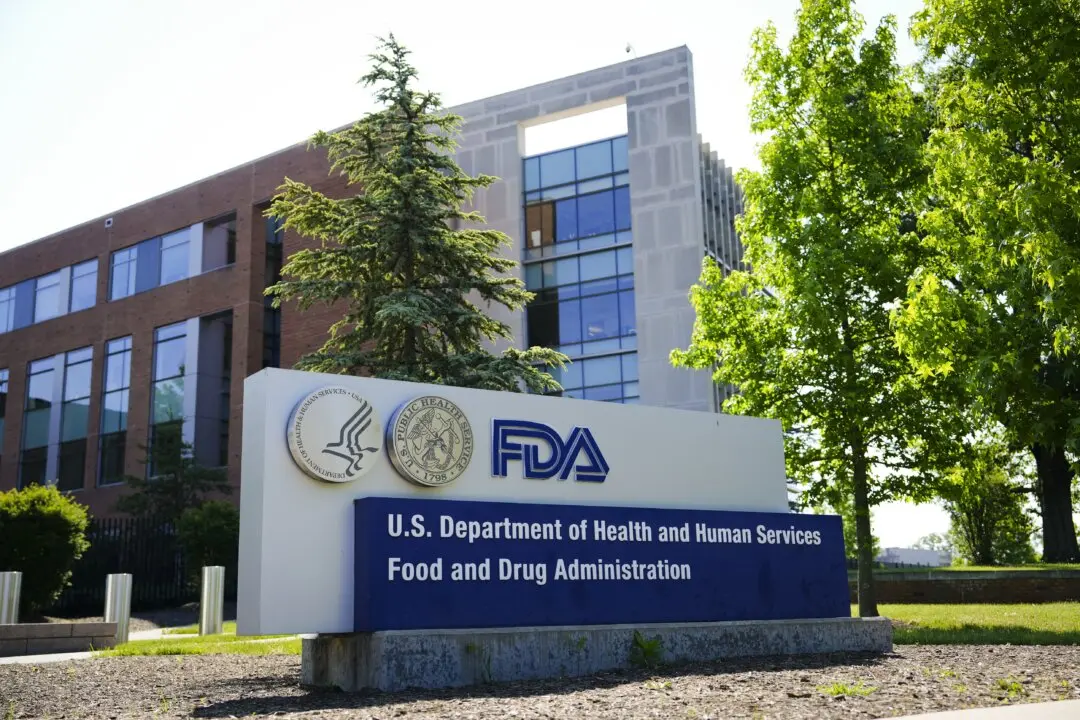The U.S. Federal Communications Commission (FCC) is ending a program that gave subsidies to millions of households that subscribe to high-speed internet, citing an exhaustion in funding.
The Affordable Connectivity Program (ACP) was established in December 2020 and provided eligible households with a discount of up to $30 per month for their internet subscriptions. For qualifying tribal lands, the discount was up to $75 per month. Since its inception, ACP has enrolled over 23 million subscribers across the United States.





